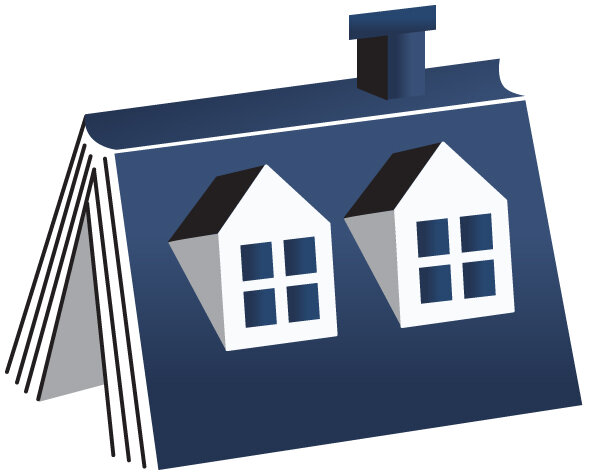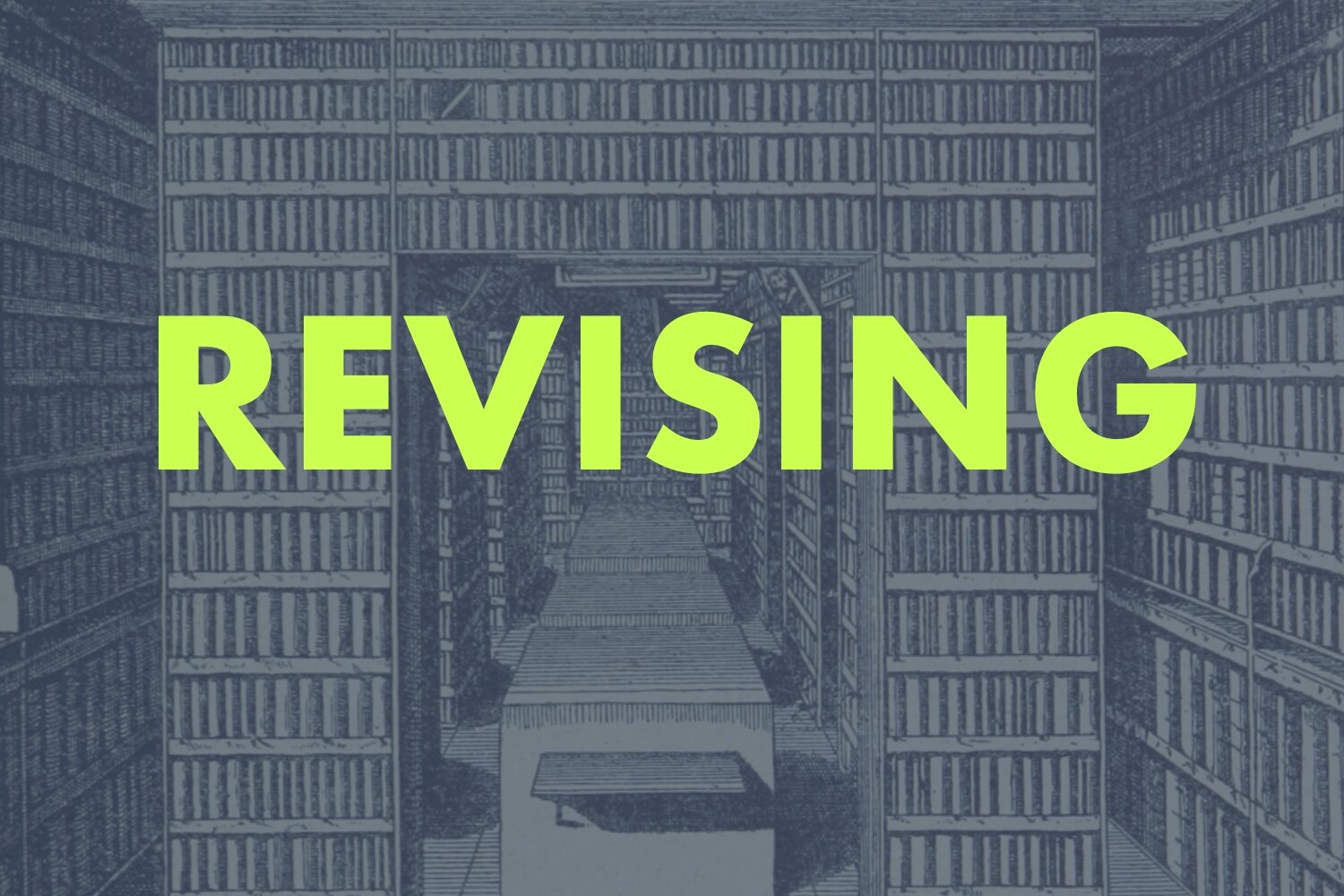The Creative Habit, by Twyla Tharp
Is the tough love Twyla Tharp provides in The Creative Habit the push you need to get past writer’s block?
13 Ways of Looking at the Novel, by Jane Smiley
What is a novel? Jane Smiley grapples with this question – and how to write one – in 13 Ways of Looking at the Novel.
Sin and Syntax, by Constance Hale
How to play with words: lessons from Constance Hale’s Sin and Syntax.
Self-Editing for Fiction Writers, by Renni Browne & Dave King
Lessons for novelists from Renni Browne and Dave King’s Self-Editing for Fiction Writers.
Save the Cat! Writes a Novel, by Jessica Brody
Learn how Jessica Brody’s beat sheet can help you construct or revise your novel.
Susan Bell, The Artful Edit
Susan Bell’s The Artful Edit shows us that revision is also a creative act, just like writing.
Dreyer’s English, by Benjamin Dreyer
Learn why Dreyer’s English is an indispensable reference for fiction editors and how it can help you improve your writing.
Writing Down the Bones, by Natalie Goldberg
Natalie Goldberg’s wise, generous book, Writing Down the Bones, can help you escape from the fog of writer’s block.
The Story Grid, by Shawn Coyne
Shawn Coyne’s Story Grid offers two tools writers can use to plan and revise their novel.
Big Magic, by Elizabeth Gilbert
What Elizabeth Gilbert teaches us about creativity and the writing life in Big Magic.
Aspects of the Novel, by EM Forster
What can this classic study of the novel teach twenty-first century writers?
Wired for Story, by Lisa Cron
Lisa Cron’s Wired for Story might be the book I recommend most to clients – find out why.
On Writing, by Stephen King
Stephen King’s On Writing is revered among authors. But does it really teach you much about how to write?
Bird by Bird, by Anne Lamott
A review of Anne Lamott’s generous and encouraging guide to writing, Bird by Bird.
How to be a good beta reader
You’ve agreed to be a beta reader for someone’s book – what do you do now? This post will give you concrete guidance on how to provide constructive criticism that will help the author improve their book.
How to improve your novel using beta readers
Working with beta readers can be a low-cost way of improving your book and making sure it connects with readers in your genre. This post will give you tips on how to find beta readers, what questions to ask them, and how to use their feedback.
How to finish your book
Writing a book is a big undertaking. Brilliant ideas can take seconds to formulate and months of labor to bring to fruition. But once you find your path, the work of hauling yourself over the mountain of the first draft simply requires putting one foot in front of the other.
Why no one else can write your novel (no matter how long you take)
I frequently counsel writers who are stuck in the early stages of book planning because they are paralyzed by anxiety that their plot or premise has already been written before – and better – by another author. I’m here to tell you what I tell them: stop worrying because the devil is in the details.
Is alright all right?
Is it “alright” or “all right”? The short answer: it depends. I’ll give you the details, so you can decide what is right for your context.




















